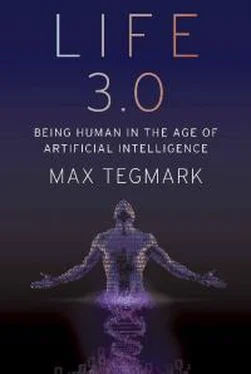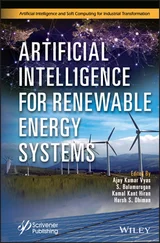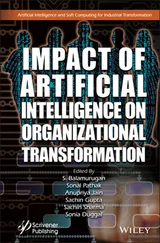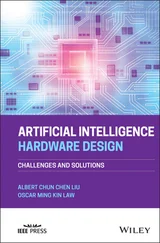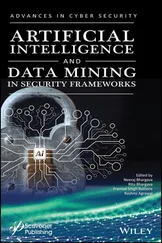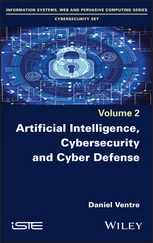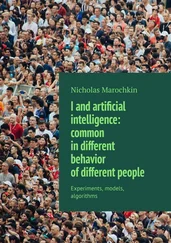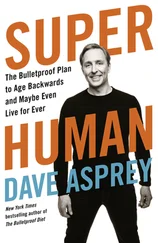We were struck not only by the level of consensus about the principles, but also by how strong they were. Sure, some of them sound about as controversial as “Peace, love and motherhood are valuable” at first glance. But many of them have real teeth, as is most easily seen by formulating negations of them. For example, “Superintelligence is impossible!” violates §19, and “It’s a total waste to do research on reducing existential risk from AI!” violates §21.
Indeed, as you can see for yourself if you watch our long-term panel discussion on YouTube,11 Elon Musk, Stuart Russell, Ray Kurzweil, Demis Hassabis, Sam Harris, Nick Bostrom, David Chalmers, Bart Selman and Jaan Tallinn all agreed that superintelligence would probably be developed and that safety research was important.
I hope that the Asilomar AI Principles will serve as a starting point for more detailed discussions, which will ultimately lead to sensible AI strategies and policies. In this spirit, our FLI media director Ariel Conn worked with Tucker Davey and other team members to interview leading AI researchers about the principles and how they interpreted them, while David Stanley and his team of international FLI volunteers translated the principles into key world languages.
Mindful Optimism
As I confessed in the opening of this epilogue, I’m feeling more optimistic about the future of life than I have in a long time. I shared my personal story to explain why.
My experiences over the past few years have increased my optimism for two separate reasons. First, I’ve witnessed the AI community come together in a remarkable way to constructively take on the challenges ahead, often in collaboration with thinkers from other fields. Elon told me after the Asilomar meeting that he found it amazing how AI safety has gone from a fringe issue to mainstream in only a few years, and I’m just as amazed myself. And now it’s not merely the near-term issues from chapter 3 that are becoming respectable discussion topics, but even superintelligence and existential risk, as in the Asilomar AI Principles. There’s no way that those principles could have been adopted in Puerto Rico two years earlier, where the most scary-sounding word that made it into the open letter was “pitfalls.”
I like people-watching, and at one point during the final morning of the Asilomar conference, I stood at the side of the auditorium and watched the participants listen to a discussion about AI and law. To my surprise, a warm and fuzzy feeling swept through me and I suddenly felt very moved. This felt so different from Puerto Rico! Back then, I remember viewing most of the AI community with a combination of respect and fear—not exactly as an opposing team, but as a group that my AI-concerned colleagues and I felt we needed to persuade. But now it felt so obvious that we were all on the same team. As you’ve probably gleaned from reading this book, I still don’t have the answers for how to create a great future with AI, so it feels great to be part of a growing community searching for the answers together.
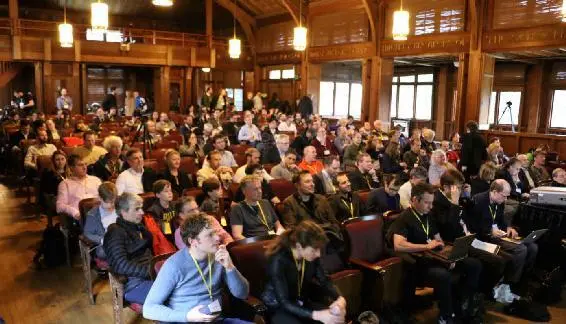
Figure 9.4: A growing community searches for answers together in Asilomar.
The second reason I’ve grown more optimistic is that the FLI experience has been empowering. What had triggered my London tears was a feeling of inevitability: that a disturbing future may be coming and there was nothing we could do about it. But the next three years dissolved my fatalistic gloom. If even a ragtag bunch of unpaid volunteers could make a positive difference for what’s arguably the most important conversation of our time, then imagine what we can all do if we work together!
Erik Brynjolfsson spoke of two kinds of optimism in his Asilomar talk. First there’s the unconditional kind, such as the positive expectation that the Sun will rise tomorrow morning. Then there’s what he called “mindful optimism,” which is the expectation that good things will happen if you plan carefully and work hard for them. That’s the kind of optimism I now feel about the future of life.
So what can you do to make a positive difference for the future of life as we enter the age of AI? For reasons I’ll soon explain, I think that a great first step is working on becoming a mindful optimist, if you aren’t one already. To be a successful mindful optimist, it’s crucial to develop positive visions for the future. When MIT students come to my office for career advice, I usually start by asking them where they see themselves in a decade. If a student were to reply “Perhaps I’ll be in a cancer ward, or in a cemetery after getting hit by a bus,” I’d give her a hard time. Envisioning only negative futures is a terrible approach to career planning! Devoting 100% of one’s efforts to avoiding diseases and accidents is a great recipe for hypochondria and paranoia, not happiness. Instead, I’d like to hear her describe her goals with enthusiasm, after which we can discuss strategies for getting there while avoiding pitfalls.
Erik pointed out that according to game theory, positive visions form the foundation of a large fraction of all collaboration in the world, from marriages and corporate mergers to the decision of independent states to form the USA. After all, why sacrifice something you have if you can’t imagine the even greater gain that this will provide? This means that we should be imagining positive futures not only for ourselves, but also for society and for humanity itself. In other words, we need more existential hope! Yet, as Meia likes to remind me, from Frankenstein to the Terminator, futuristic visions in literature and film are predominantly dystopian. In other words, we as a society are planning our future about as poorly as that hypothetical MIT student. This is why we need more mindful optimists. And this is why I’ve encouraged you throughout this book to think about what sort of future you want rather than merely what sort of future you fear, so that we can find shared goals to plan and work for.
We’ve seen throughout this book how AI is likely to give us both grand opportunities and tough challenges. A strategy that’s likely to help with essentially all AI challenges is for us to get our act together and improve our human society before AI fully takes off. We’re better off educating our young to make technology robust and beneficial before ceding great power to it. We’re better off modernizing our laws before technology makes them obsolete. We’re better off resolving international conflicts before they escalate into an arms race in autonomous weapons. We’re better off creating an economy that ensures prosperity for all before AI potentially amplifies inequalities. We’re better off in a society where AI-safety research results get implemented rather than ignored. And looking further ahead, to challenges related to superhuman AGI, we’re better off agreeing on at least some basic ethical standards before we start teaching these standards to powerful machines. In a polarized and chaotic world, people with the power to use AI for malicious purposes will have more motivation and ability to do so, and teams racing to build AGI will feel more pressure to cut corners on safety than to cooperate. In summary, if we can create a more harmonious human society characterized by cooperation toward shared goals, this will improve the prospects of the AI revolution ending well.
In other words, one of the best ways for you to improve the future of life is to improve tomorrow. You have power to do so in many ways. Of course you can vote at the ballot box and tell your politicians what you think about education, privacy, lethal autonomous weapons, technological unemployment and other issues. But you also vote every day through what you choose to buy, what news you choose to consume, what you choose to share and what sort of role model you choose to be. Do you want to be someone who interrupts all their conversations by checking their smartphone, or someone who feels empowered by using technology in a planned and deliberate way? Do you want to own your technology or do you want your technology to own you? What do you want it to mean to be human in the age of AI? Please discuss all this with those around you—it’s not only an important conversation, but a fascinating one.
Читать дальше
